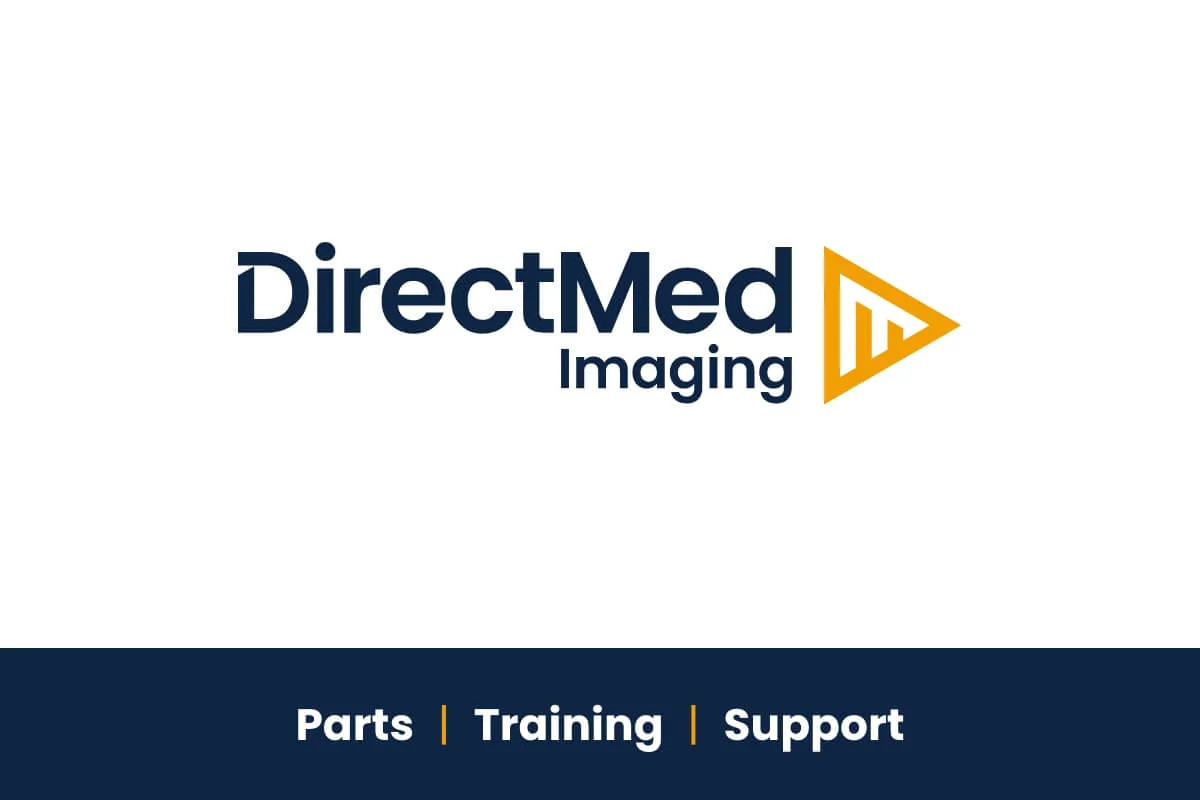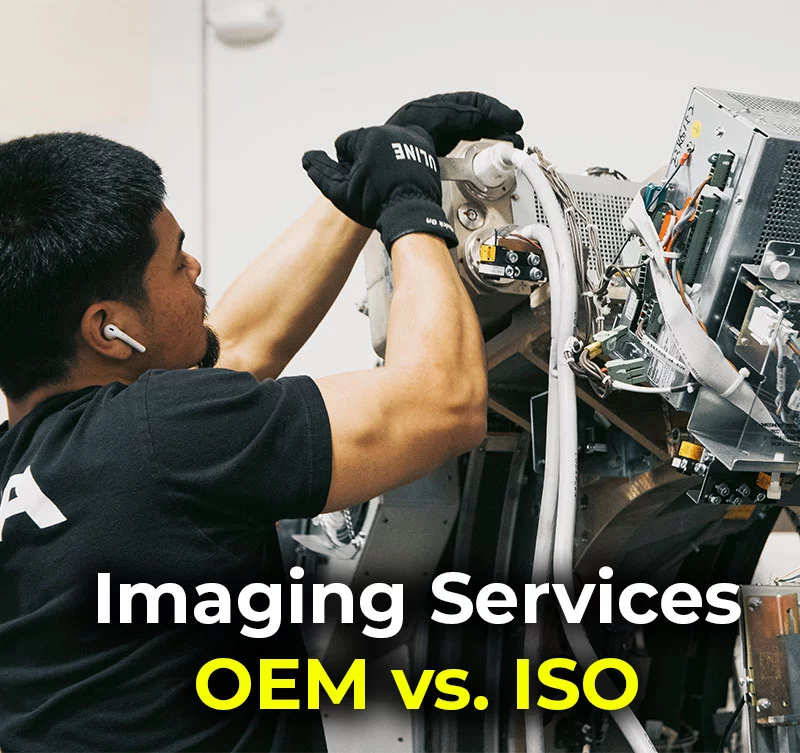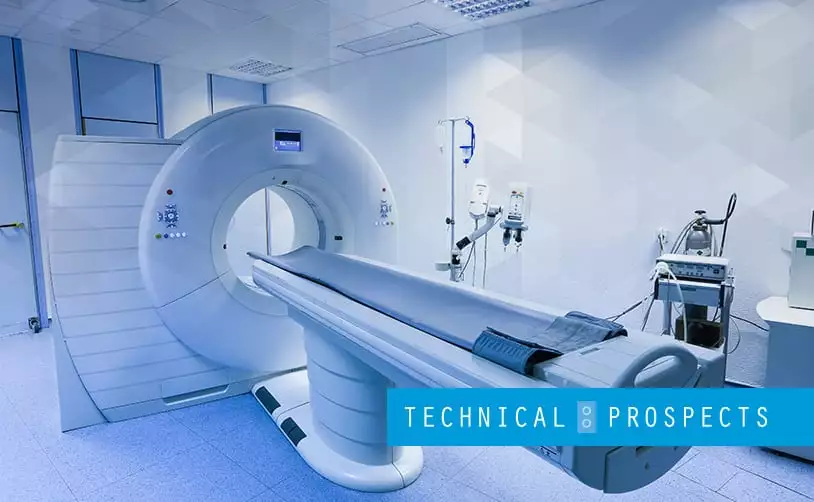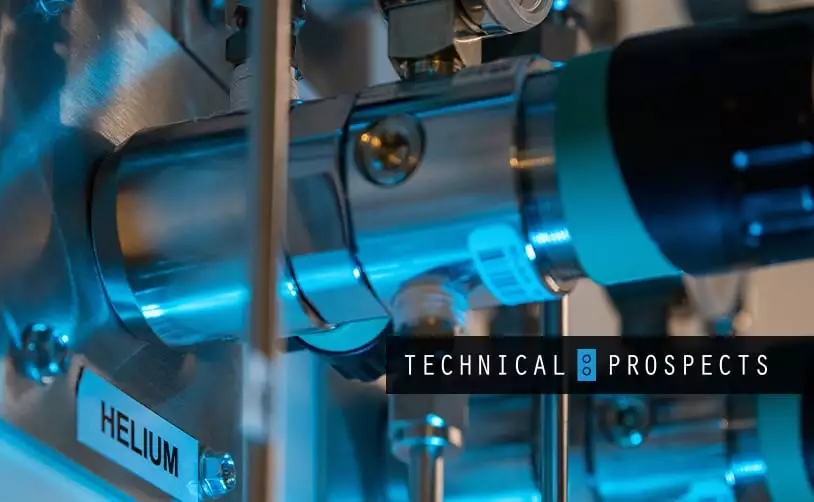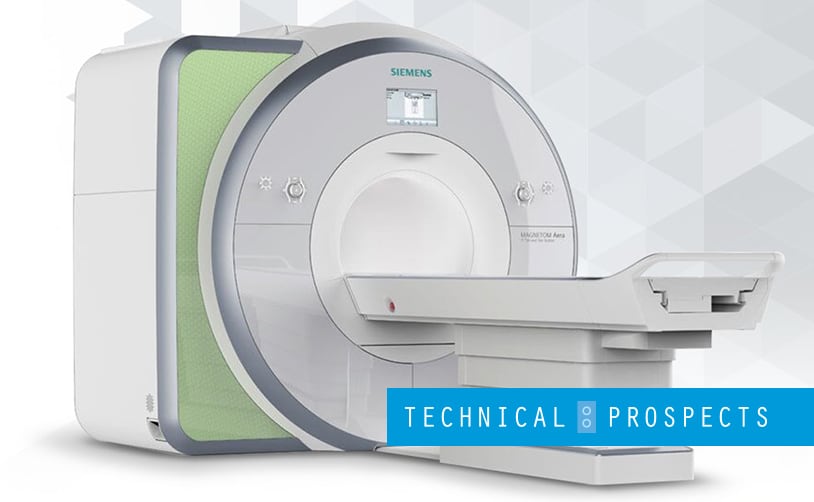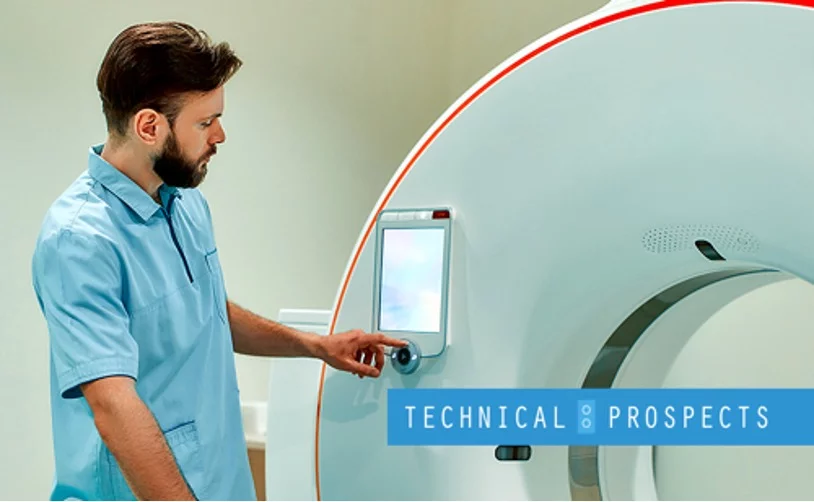Buying a CT scanner can be a little more complicated than some may realize. Apart from looking at the manufacturer of specific CT scanners, different scanners also come in different slices.
While common slices include 15, 32, 40, higher and larger scanners can be made with up to 320 slices and even double now exist in the market. This makes deciding which slice count is perfect for your facility a little tougher. Fortunately, with a little understanding of what these slices mean, picking the right one isn’t impossible.
In this article, we’re going to talk about slice counts and what they mean to help you pick the right CT scanner:
4 to 8 Slice
CT scanners in the 4 to 8-slice range are some of the most affordable CT scanners to be found. While the numbers seem worryingly low compared to other CT scanners, these are still great options for health departments that experience little patients that require the scans.
A lower slice count generally means a much lower scanning speed. They are also aren’t as powerful, making them more suited for general scanning needs that aren’t time-constrained.
16, 32, and 40 Slice
16-slice scanners are typically the go-to scanners for radiology departments and clinics. Because of their higher count than a 4 or 8-slice scanner, they are much more suited for higher patient volume. Even urgent care centers and ERs rely on 16-slice scanners. Apart from scanning patients for diagnosis purposes, 16-slice scanners are also typically used for general studies.
The 32 and 40-slice scanners are treated similarly to the 16-slice scanner. The only difference here is that they perform a little faster and require much more coverage per gantry rotation. As such, the 32 and 40-slice scanners are used by departments in need of something fast without blowing their finances.
64 Slice
64-slice CT scanners are much more expensive than any of the previous scanners, and these are commonly found in large hospitals and dedicated imaging centers. Thanks to the higher slice count, these scanners perform a lot faster and more powerfully, perfect for high-volume patients and more in-depth cardiac studies.
Activities like cardiology scans, however, need more advanced features capable of slowing down the heart rate for accurate readings. Regardless of that, the 64-slice CT scanner is excellent at what it does.
128 Slice and higher
For the top-tier scanners, 128-slice or higher CT scanners are the ones to choose. These scanners offer sharp images of any organ in the body and are generally used for specialized facilities such as cardiac departments when accuracy and speed are a must. For the typical clinic, however, these scanners are generally way too powerful and expensive to make sense investing in one.
Conclusion
Which CT scanner should you choose? It all depends on your needs. For something affordable yet still offers great utility, picking anything from the 4 to 40 slice scanners is a great investment to make, given you can afford one. If you need a CT scanner for more specialized studies or deal with high volumes of patients, consider 64 or higher scanners.
Regardless of what you choose, always take the time to understand the features of what the scanner has to offer. Different manufacturers will have unique features for their CT scanners, not to mention other things to consider like the maintenance costs, availability, and more. All these can affect your purchase decision. The more thorough you are about understanding these factors, the better your chances of making the right purchase.
DirectMed Parts is your trustworthy source of CT imaging parts, services, and more in the US. If you are looking to buy CT scanners, check out what we have available!
